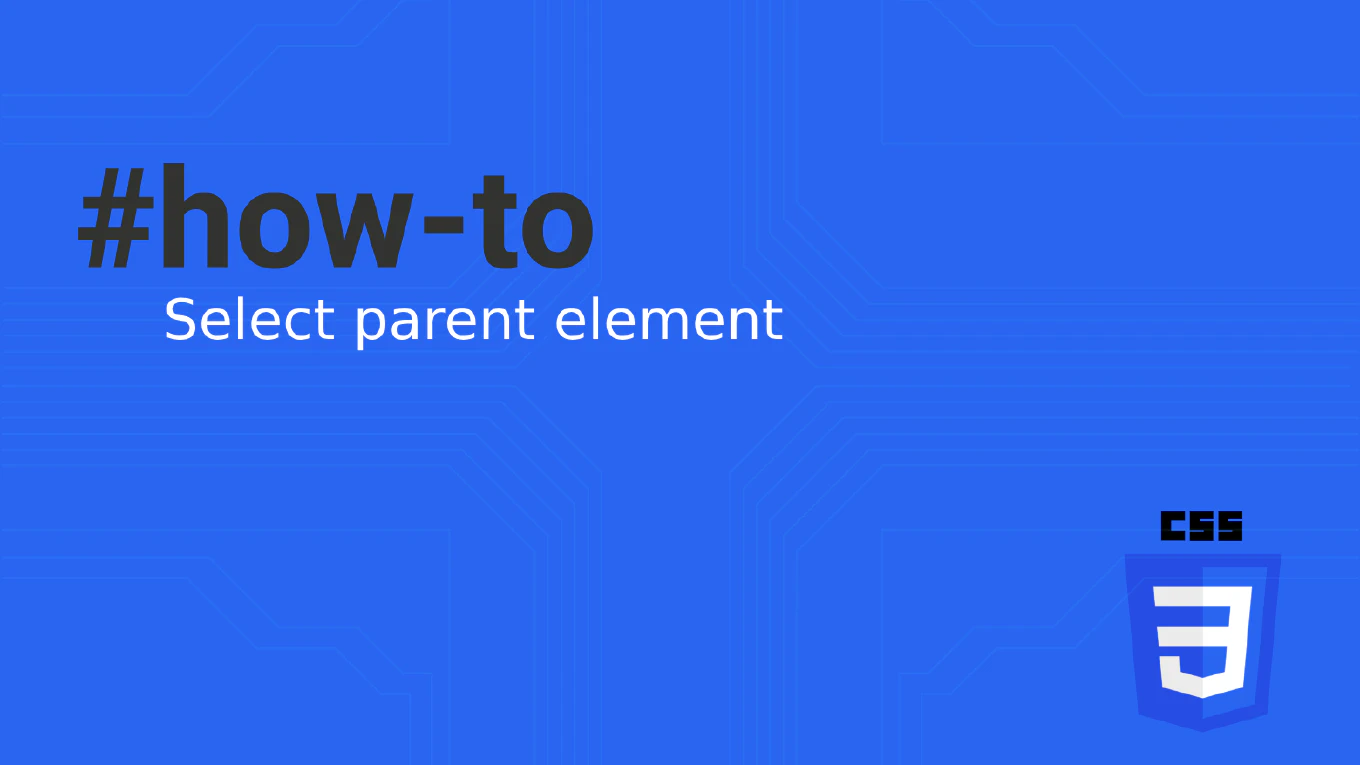How to clone an element in JavaScript
Cloning DOM elements is essential when you need to duplicate existing elements without manually recreating their structure and content.
As the creator of CoreUI, a widely used open-source UI library, I’ve implemented element cloning countless times in dynamic component generation.
From my 25 years of experience, the most reliable method is using the cloneNode() method with the deep parameter.
This approach preserves all attributes, styles, and optionally child elements.
How to replace an element in JavaScript
Replacing elements in the DOM allows you to swap content, update components, and create dynamic interfaces that respond to user actions and state changes.
As the creator of CoreUI with over 25 years of JavaScript experience, I use element replacement for building dynamic UI components and content management systems.
The most effective method is using the modern replaceWith() method which directly replaces elements with new content or other elements.
This provides efficient element swapping with proper event handling and maintains DOM structure integrity.
How to remove an element in JavaScript
Removing elements from the DOM is essential for creating dynamic web applications that respond to user interactions and manage content lifecycle.
With over 25 years of JavaScript development experience and as the creator of CoreUI, I use element removal extensively for building interactive UI components.
The most effective method is using the modern remove() method which directly removes elements without requiring parent element access.
This provides clean, efficient element removal with proper event listener cleanup and memory management.
How to prepend an element in JavaScript
Prepending elements to the DOM allows you to add content at the beginning of a container, essential for dynamic lists, notifications, and priority content placement.
As the creator of CoreUI with over 25 years of JavaScript experience, I use element prepending for building dynamic lists, notifications, and priority content areas.
The most reliable method is using insertBefore() to insert an element before the first child, or the modern prepend() method for direct prepending.
This provides precise control over element positioning and maintains proper DOM structure for complex dynamic interfaces.
How to append an element in JavaScript
Appending elements to the DOM is fundamental for creating dynamic content and building interactive web applications that respond to user actions.
With over 25 years of JavaScript development experience and as the creator of CoreUI, I use element appending extensively for building dynamic UI components.
The most effective method is using the appendChild() method which adds an element as the last child of a parent element.
This provides reliable element insertion with proper DOM structure maintenance and event handling capabilities.
How to create a new element in JavaScript
Creating new HTML elements dynamically is fundamental for building interactive web applications that generate content based on user actions and data.
As the creator of CoreUI with over 25 years of JavaScript experience, I use dynamic element creation extensively for building responsive UI components and data-driven interfaces.
The most effective method is using document.createElement() to create elements with proper attributes and content before adding them to the DOM.
This approach provides full control over element properties and ensures optimal performance through efficient DOM manipulation.
How to remove an attribute from an element in JavaScript
Removing attributes from HTML elements is essential for cleaning up DOM state, disabling features, and managing dynamic element properties in JavaScript applications.
With over 25 years of JavaScript development experience and as the creator of CoreUI, I regularly use attribute removal for form validation, accessibility updates, and component state management.
The most reliable method is using the removeAttribute() method which completely removes the specified attribute from the element.
This ensures clean DOM state and prevents issues with boolean attributes that might remain even when set to false.
How to get an attribute from an element in JavaScript
Retrieving attribute values from HTML elements is essential for reading data, checking element states, and building dynamic functionality.
As the creator of CoreUI with over 25 years of JavaScript experience, I regularly use attribute reading for component state management and user interaction handling.
The most effective method is using the getAttribute() method which returns the exact string value stored in the HTML attribute.
This approach provides reliable access to both standard and custom attributes across all browsers.
How to set an attribute on an element in JavaScript
Setting attributes on HTML elements dynamically is fundamental for creating interactive web applications and manipulating DOM elements.
With over 25 years of JavaScript development experience and as the creator of CoreUI, I’ve used attribute manipulation extensively in building dynamic UI components.
The most reliable method is using the setAttribute() method which works consistently across all browsers and attribute types.
This approach provides precise control over element properties and ensures proper HTML structure.
How to import a module in JavaScript
Importing modules in JavaScript allows you to use functions, objects, and other exports from different files, enabling modular code organization and dependency management.
As the creator of CoreUI, a widely used open-source UI library, I’ve structured countless JavaScript applications using modular imports for clean architecture and code reusability.
From my 25 years of experience in web development, the most effective approach is to use ES6 import statements with specific syntax for named imports, default imports, and namespace imports.
This pattern provides explicit dependency declaration and enables tree-shaking for optimized bundles.



